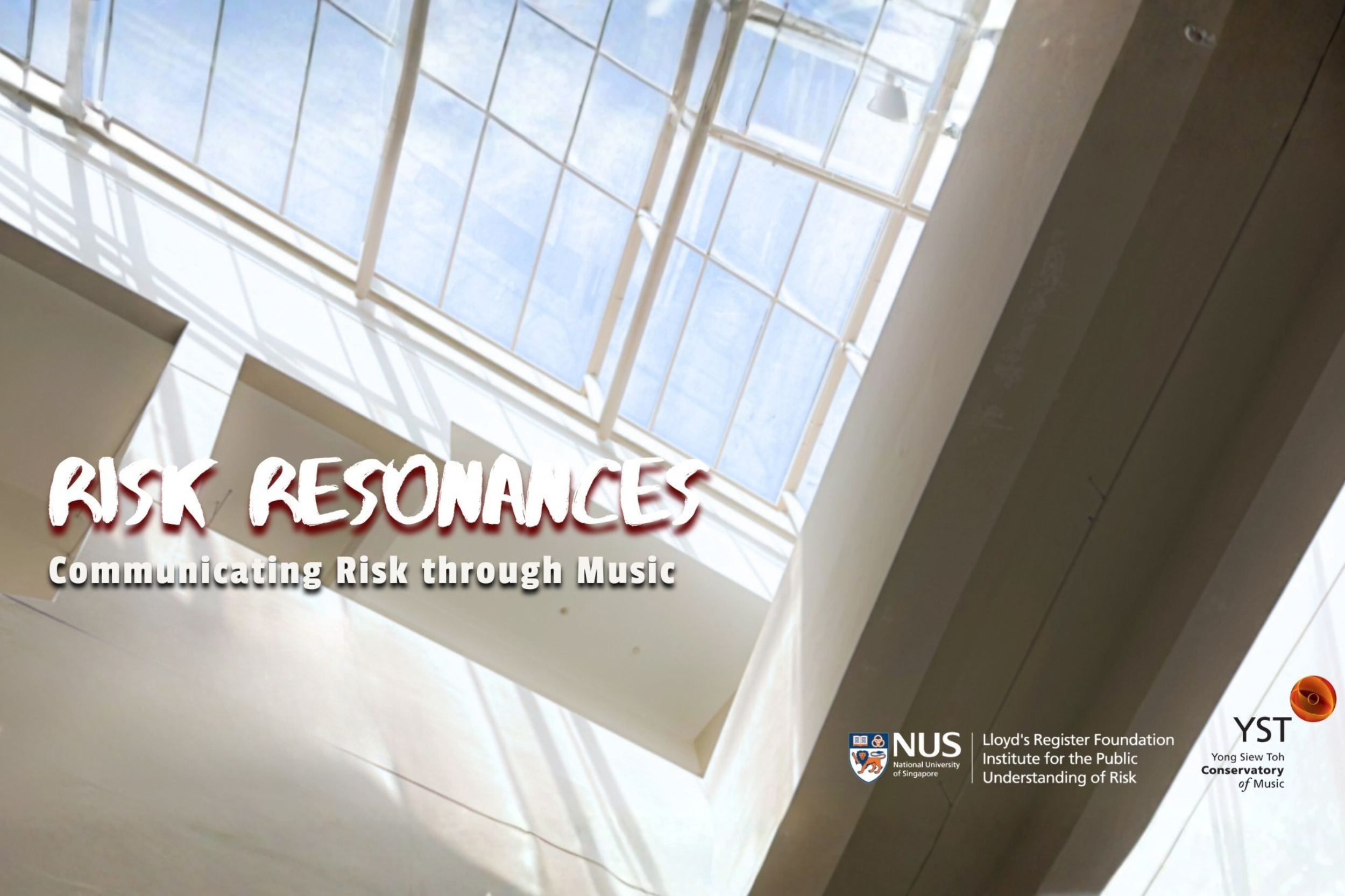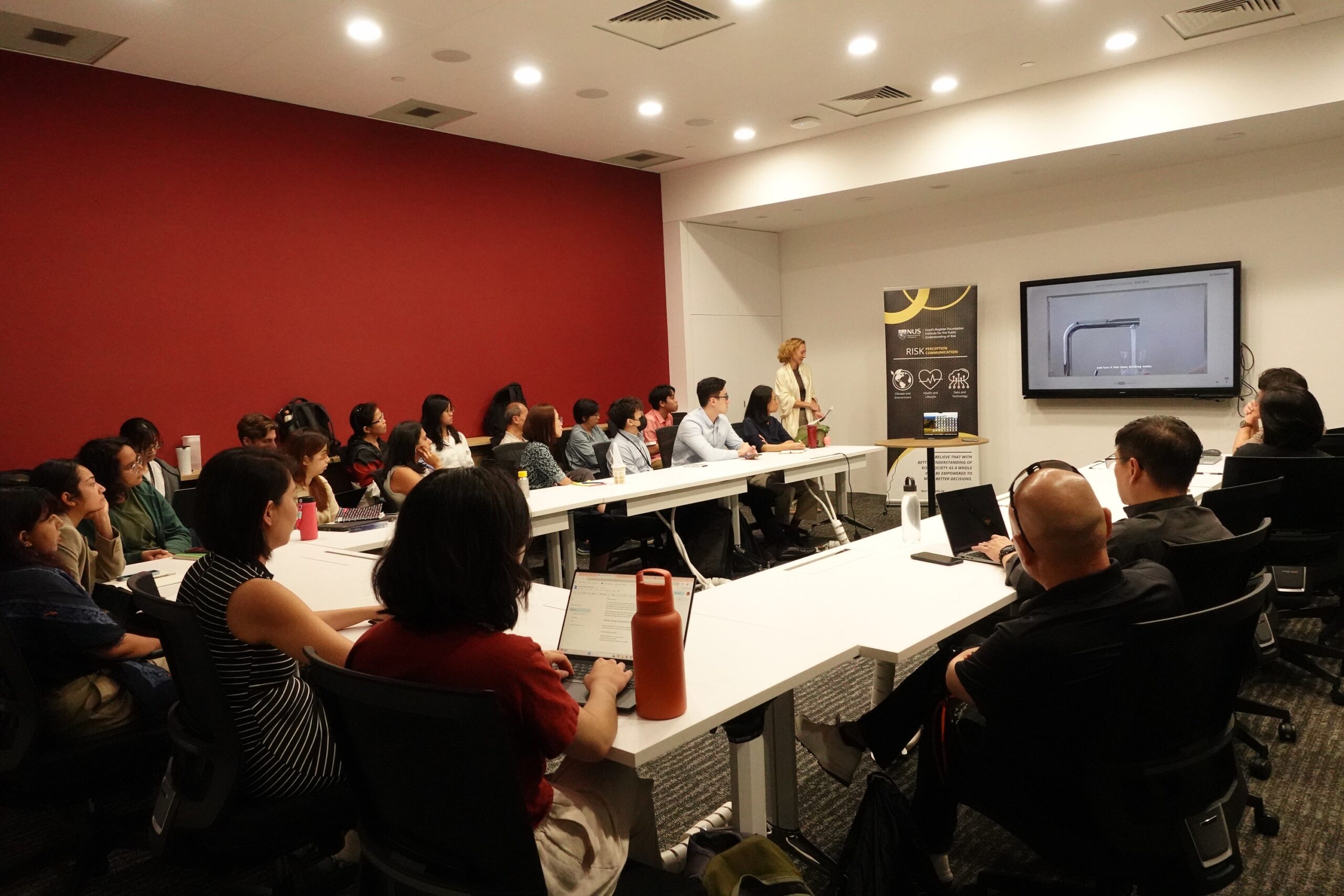Communities need risk know-how, to manage the risks they face. The Risk know-how Platform launched today at the AAAS Annual Meeting in Denver, USA, pools global resources on risk communication, drawn from the frontier of scientific evidence and makes them available to communities the world over grappling with diverse risks, from fishing safety, hazardous waste disposal and vaccines to wildfires, dangerous workplaces and food contamination. The new platform provides case studies, curated materials and tailored help to frontline risk communicators.
The Risk know-how platform was developed by Sense About Science in collaboration with the Institute for the Public Understanding of Risk and the support of Lloyd’s Register Foundation. The platform is built around the Risk know-how Framework – a summary of the key concepts needed to unpack risk information, developed with leading risk experts and community representatives.
Over a hundred people around the world, who have found themselves involved in helping others to navigate risk information, have given input to the platform team. These risk know-how practitioners include:
- Bernard Okebe, a journalist working on vernacular radio in rural Kenya and a key figure in identifying the role of risk know-how, realized his community needed more help to understand changing rainfall patterns. Making sense of information about droughts and flooding risk was crucial for farmers to reconsider what crops to plant and when;
- and Sor Faustina, who had always supported people in poverty in her community in Puerto Rico. When Covid-19 hit, she started putting together kits for sick people isolating at home, but quickly found herself being asked questions about how the community could manage the risk of infection and understand data about the vaccines; questions that she needed support to answer. She was able to do so with the support of Ciencia Puerto Rico.
This week at the AAAS Annual Meeting, a panel will build on their insights to look at ways to assess community risk know-how internationally, and the scope for improvements in national and regional warning systems. Are hazard warnings such as global weather changes more accessible to some communities than others? Should more resource be directed to calculating risk information in different contexts so that people can act on it?
Tracey Brown OBE, director of lead project partner Sense About Science said:
“We are pulling people together from all over the world, to figure out a scale or key elements in a community that help it to assess warnings and reassurances and the net value of protective measures. That can be a matter of life and limb, of course, but having usable information is also a question of fairness. It should be a concern to every agency – whether it is urging action or prevention, providing information or sharing assessments – to consider whether the information is meaningful to people.”
Olivia Jensen, Deputy Director of Lloyd’s Register Foundation Institute for the Public Understanding of Risk (IPUR) reflected on the support that people need to make sense of risk:
“Taking collective decisions under uncertainty requires communities to understand complex trade-offs between risks, the costs and benefits of possible protective actions and how those costs are going to be borne by community members. To do this, communities may need support not just to interpret probabilistic information, but to design and implement decision-making processes that take account of all the aspects of risk that go beyond the numbers.”
Any community that needs support in producing materials or resources in understanding risk can apply to Risk know-how. More than 20 risk know-how practitioners have already requested tailored help to support their communities in navigating cyber risks, environmental risks and flooding, health risks, and risks of accidents at work. These communities have been connected to organizations who can provide resources and training to support their work, as well as other practitioners navigating similar risks.
Tim Slingsby, Director of Skills and Education at Lloyd’s Register Foundation, said:
“At Lloyd’s Register Foundation, we firmly believe that everyone – irrespective of where they live or work – deserves to be safe and to feel safe. The inclusive and equitable provision of Risk know-how information is vital to ensuring this vision is realised, and the new platform launched today is another great step towards improving safety standards in some of the world’s most vulnerable and at-risk communities.”
The newly expanded Risk know-how framework is being launched on the platform in an accessible format, with links to useful resources exploring the topics listed on the framework, such as recurrence intervals, thresholds and absolute vs relative risk.
Contact details
For comment and interviews contact: Leonor Sierra, Risk know-how Lead, leonor@senseaboutscience.org; +1 585 281 9124 [UTC –7 time zone] or Alfie Hoar, Project and Engagement Officer, Risk know-how, alfie@senseaboutscience.org, + 44 7432 849 547 [UTC time zone].


